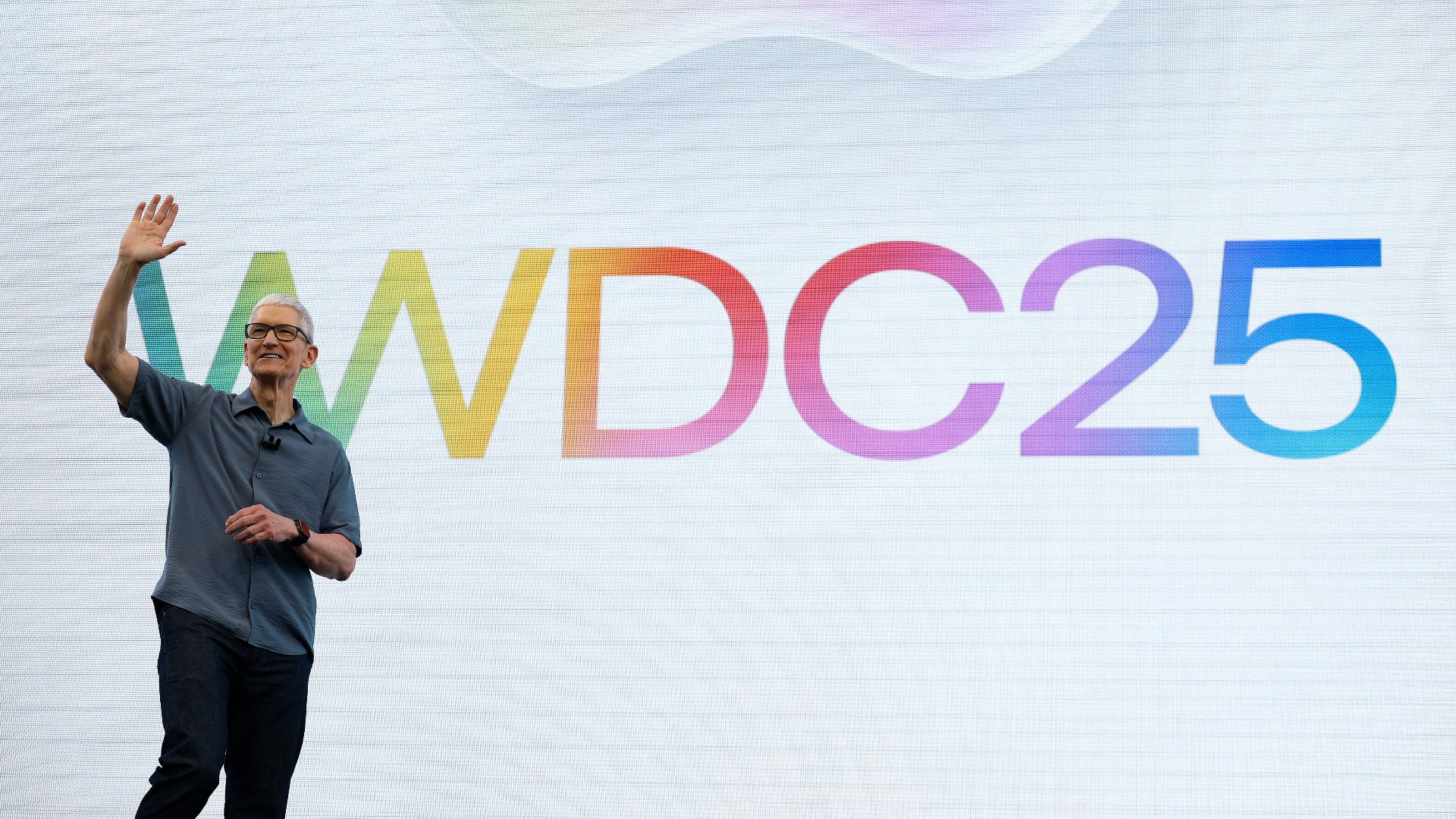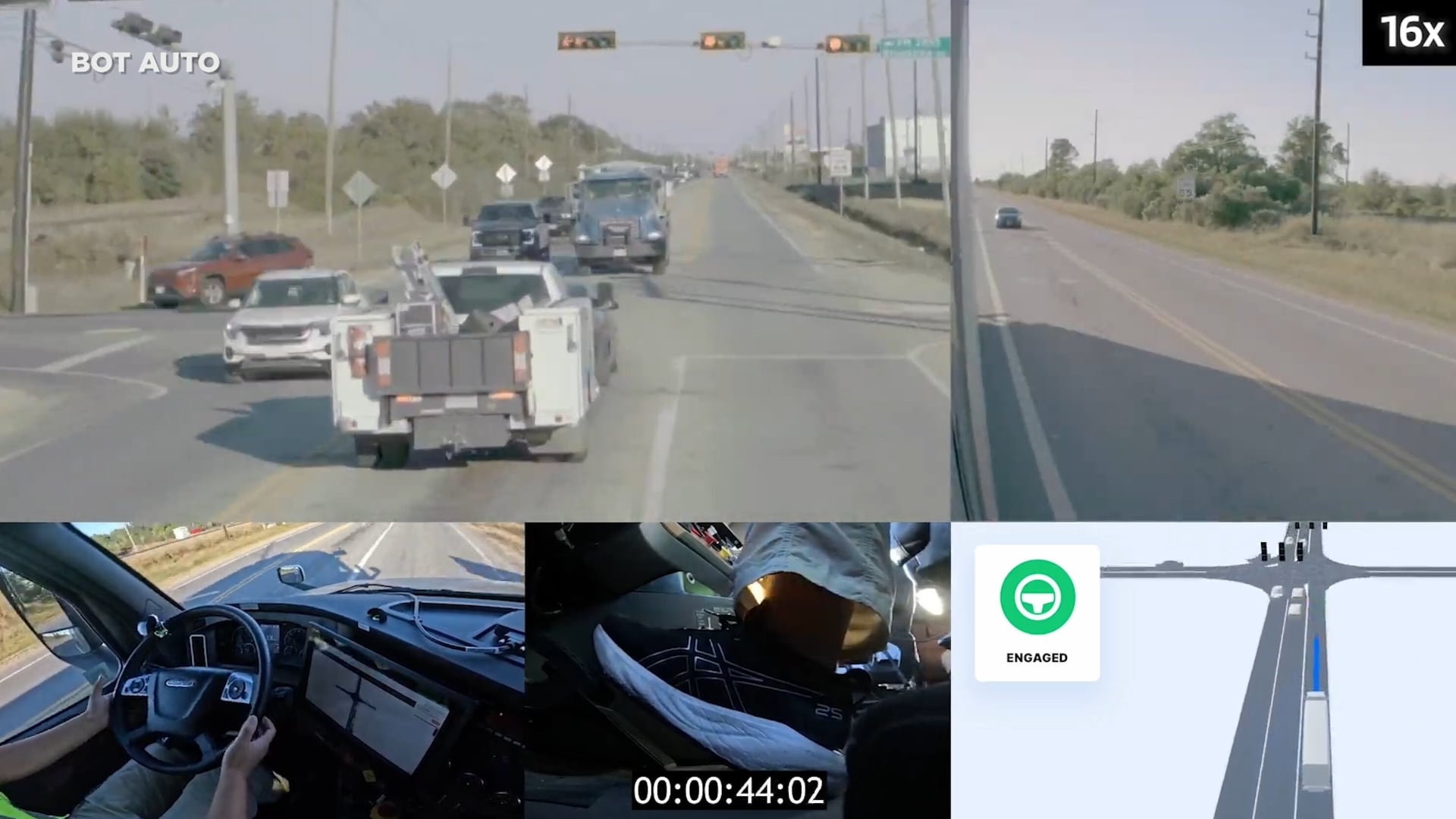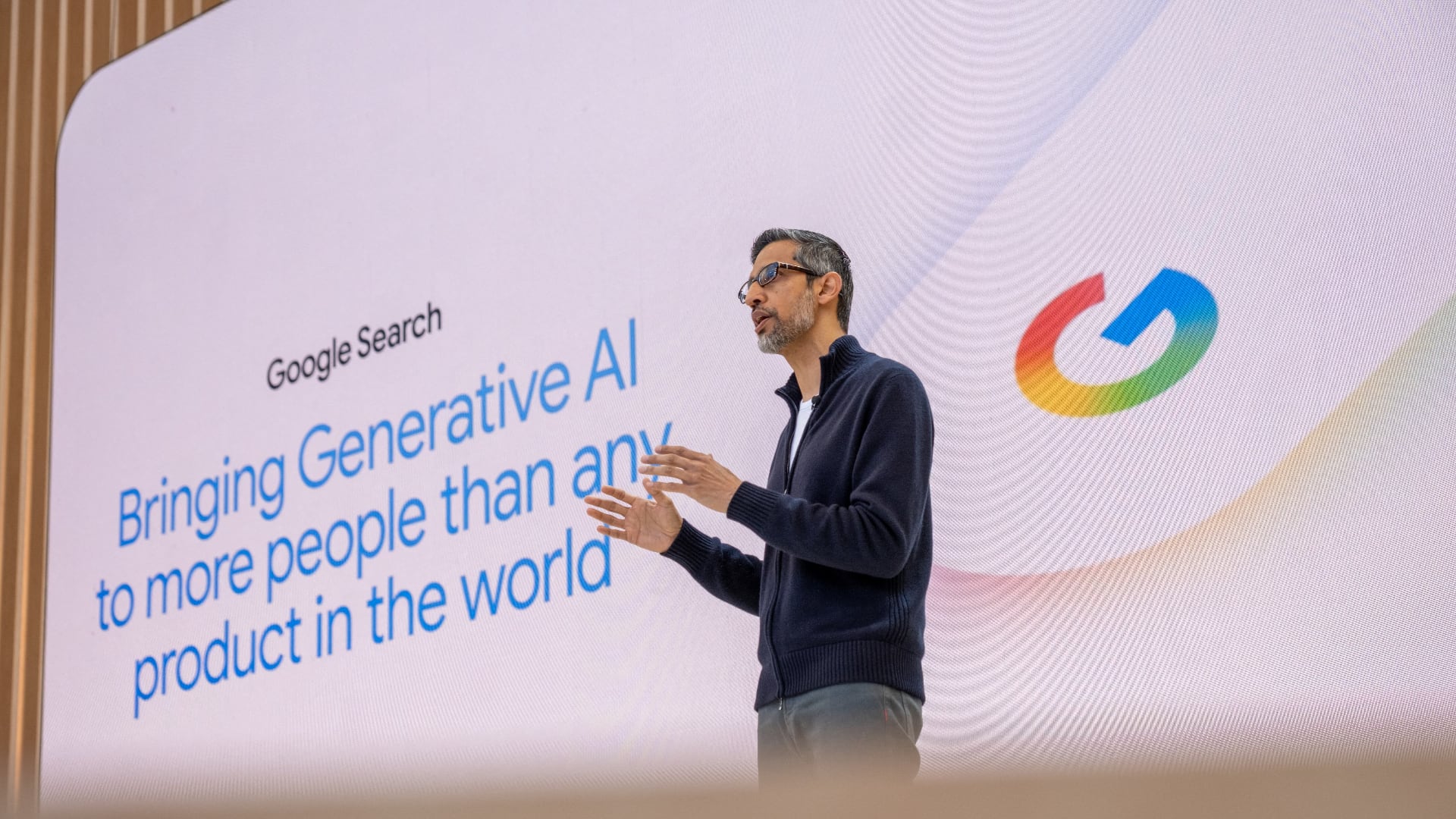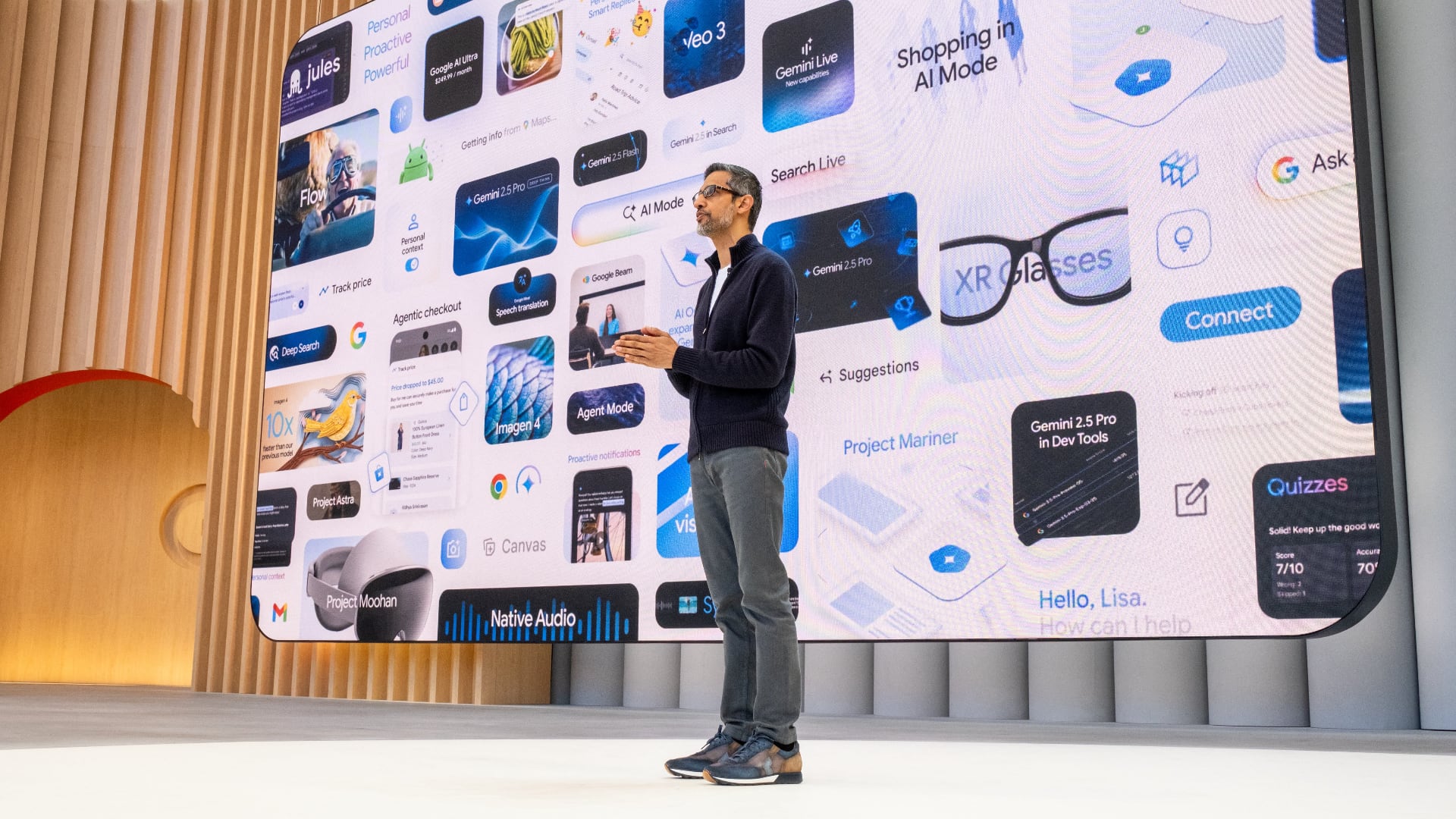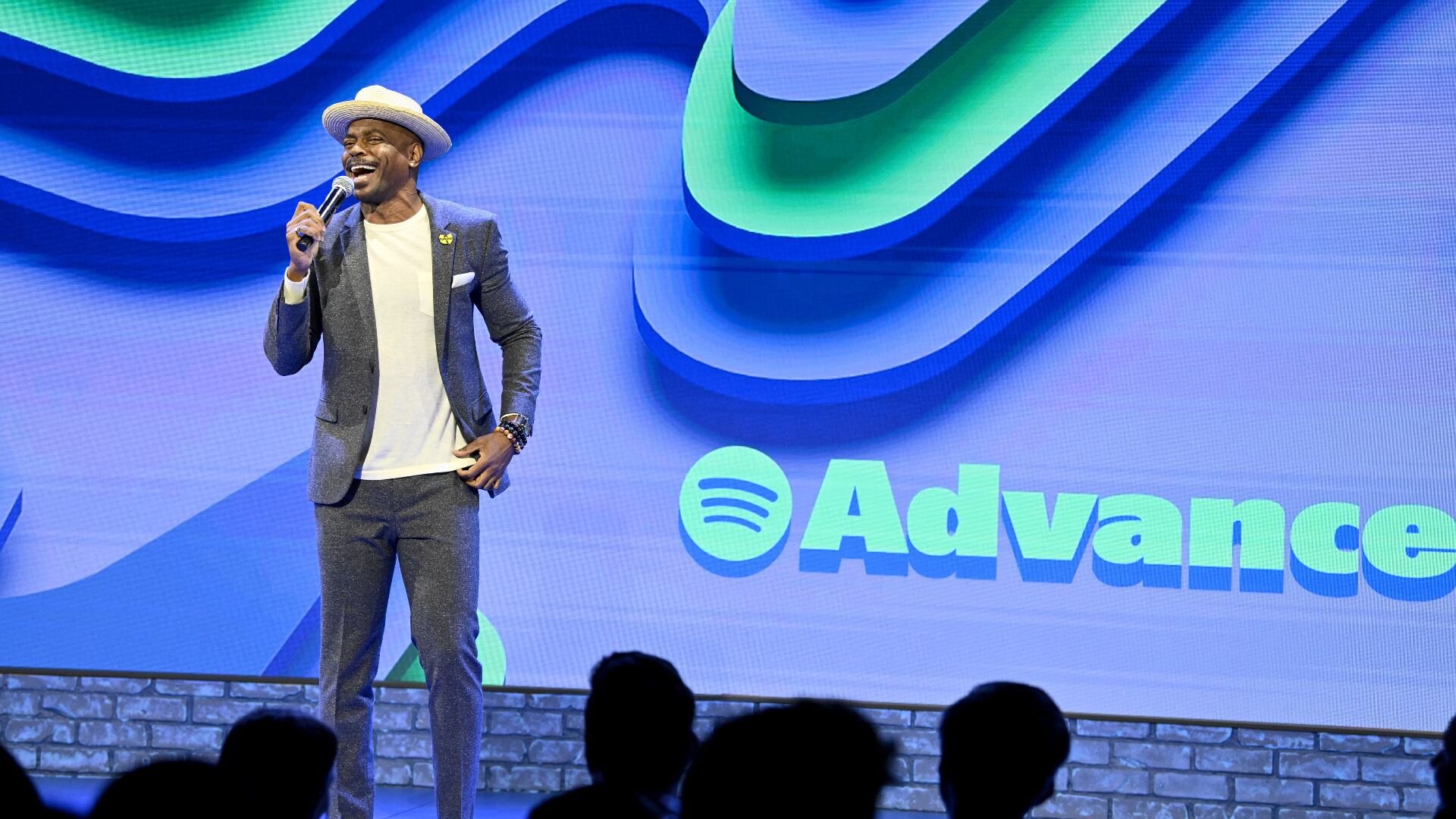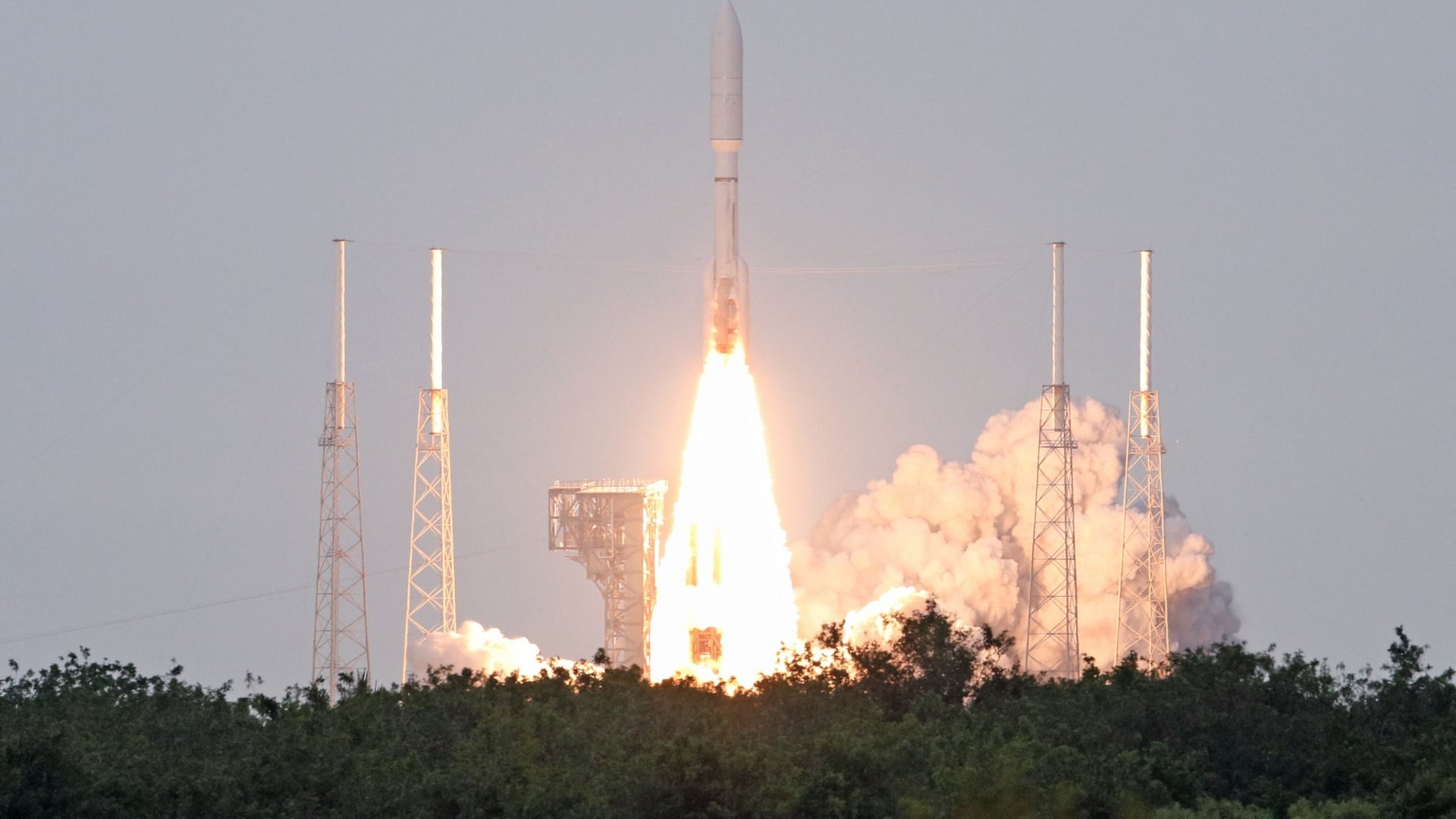Chatbots are all the rage since Microsoft-backed OpenAI launched ChatGPT late last year. Now other tech giants are rolling out their own contributions to the artificial intelligence space, with Google owner Alphabet on Tuesday announcing the launch of a chatbot service called Bard.
"We’ve been working on an experimental conversational AI service, powered by LaMDA, that we’re calling Bard," CEO Sundar Pichai wrote in a blog post. "And today, we’re taking another step forward by opening it up to trusted testers ahead of making it more widely available to the public in the coming weeks."
The announcement marks the latest salvo in a brewing Silicon Valley rivalry over the future of artificial intelligence, a technology with potentially widespread implications for computing, information-sharing, and work.
Bard combines information on the web with what are called "large language models" to generate "fresh, high-quality responses" to users, according to Google.
The version that will soon be available to the public, however, won't have the full computing power of Google's LaMDA (Language Model for Dialogue Applications). Instead, users will test a "lightweight" version designed to allow for easier feedback.
The company also said that it plans to incorporate AI features into its search engine, so that users can ask more complex questions in their search bar.
Microsoft on Tuesday is expected to make a similar announcement about integrating ChatGPT with its Bing search engine. The company is holding a surprise news event at 1 p.m. ET just days after expanding its partnership with OpenAI through a new “multiyear, multibillion dollar investment.”
While the competitive pressure is on, Pichai noted that Google is trying to be "responsible" as it develops this powerful technology.
"Whether it’s applying AI to radically transform our own products or making these powerful tools available to others, we’ll continue to be bold with innovation and responsible in our approach," he wrote.
